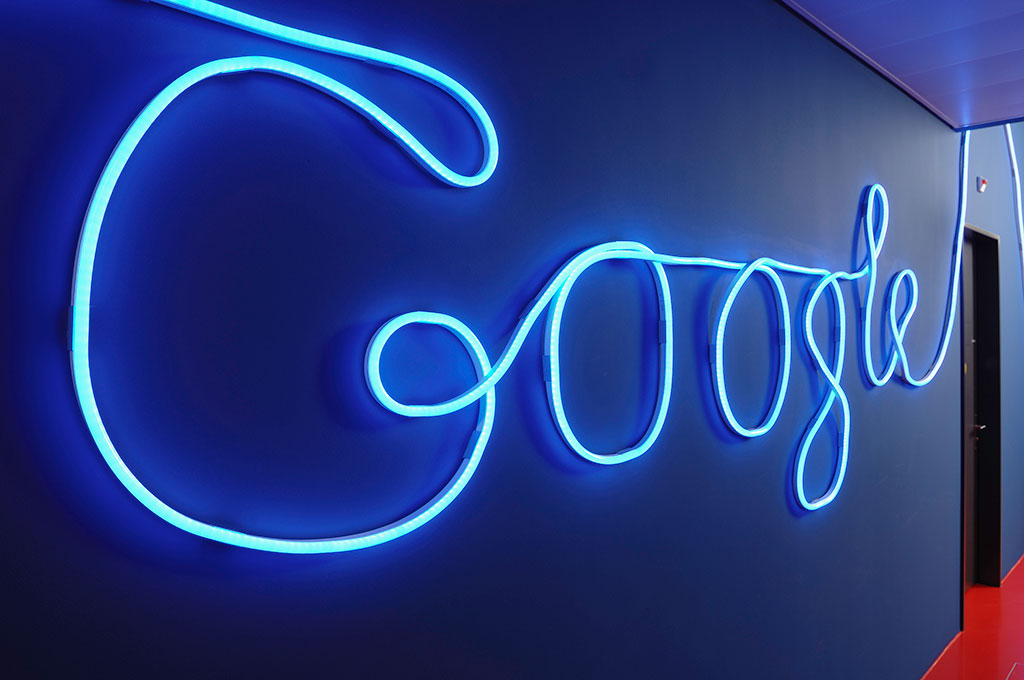
Whereas Google’s AI assistant Bard (opens in new tab) is at present accessible in 180 nations (opens in new tab) throughout the globe, the European Union and Canada nonetheless aren’t invited to the AI social gathering. Nearly two months after Google launched its pleasant AI chatbot, Bard, the corporate continues to be withholding entry to sure areas, however there is not any official assertion on the matter.
One of the best guess is that Google might not see eye-to-eye with sure incoming rules, to not point out that up towards present GDPR guidelines, its processes might already be a little bit unlawful.
The EU’s incoming AI Act (opens in new tab) is at present making its method by way of European Parliament in a bid to push present and would-be AI builders into making their merchandise extra clear, and safer for most people. Having spoken to some consultants on the matter, Wired (opens in new tab) appears to be below the impression that Google is on the market silently stomping its ft over the main points of the act.
Even in its present state, Bard does not fairly match the invoice relating to the EU’s legal guidelines surrounding web security. As Entry Now senior coverage analyst, Daniel Leufer, says within the Wired piece, “There is a lingering query whether or not these very giant information units, which have been collected kind of by indiscriminate scraping, have a enough authorized foundation below the GDPR.”
Except for present legislation, the way more focused, and rigorous AI Act set to go in mid June would seemingly have a big impression on how Google’s AI device operates.
As soon as the invoice goes by way of there can be much more restrictions positioned on instruments that might be “misused and supply novel and highly effective instruments for manipulative, exploitative and social management practices,” as is printed within the official AI Act (opens in new tab) proposal. There are particular mentions for particular human rights, akin to the suitable to human dignity, respect for personal and household life, safety of non-public information, and the suitable to an efficient treatment… all of which and extra can be thought of when dubbing an AI “high-risk.”
Wanting on the AI instruments of at the moment, I am having hassle pondering of any that do not have the potential to encroach on not less than a type of rights. It is a scary thought, however it is sensible as to why Google might need some points relating to Bard.
In spite of everything, as The Register (opens in new tab) notes, Italy, Spain, France, Germany, and Canada have all received their eye on ChatGPT (and presumably a bunch of different AI-based instruments) over privateness considerations relating to person information. Canada’s AIDA proposal (opens in new tab), which can “come into power no ahead of 2025” explicitly requires transparency in AI growth, too.
Google’s AI rules (opens in new tab) state that it’ll not pursue the next:
- Applied sciences that trigger or are prone to trigger general hurt. The place there’s a materials threat of hurt, we’ll proceed solely the place we consider that the advantages considerably outweigh the dangers, and can incorporate acceptable security constraints.
- Weapons or different applied sciences whose principal objective or implementation is to trigger or straight facilitate harm to folks.
- Applied sciences that collect or use info for surveillance violating internationally accepted norms.
- Applied sciences whose objective contravenes broadly accepted rules of worldwide legislation and human rights.
It is a quick listing, and one with a couple of gray areas akin to the usage of “broadly” and “internationally accepted norms”. Whether or not the backend may in the future absolutely align with EU and Canadian legislation is unclear, however the language right here might be a delicate method of leveraging just a little wiggle room.
So, may it’s that Google is making an attempt to make some extent by withholding Bard? Probably.
Nicolas Moës, The Future Society’s European AI governance director, appears to suppose it potential. In line with Moës, Google may effectively be attempting to “ship a message to MEPs simply earlier than the AI Act is authorised, making an attempt to steer the votes and to ensure policymakers suppose twice earlier than making an attempt to control basis fashions”. Moës additionally notes that Meta has determined to withhold its AI chatbot, BlenderBot, within the EU too. So it is not simply Google enjoying it secure (or soiled).
It may be that the massive boys are conserving their toys to themselves as a result of getting sued is not a lot enjoyable. Both method, till Google comes out with an official assertion, Europeans and Canadians alike can be left staring wistfully at Bard’s listing of accessible nations.

